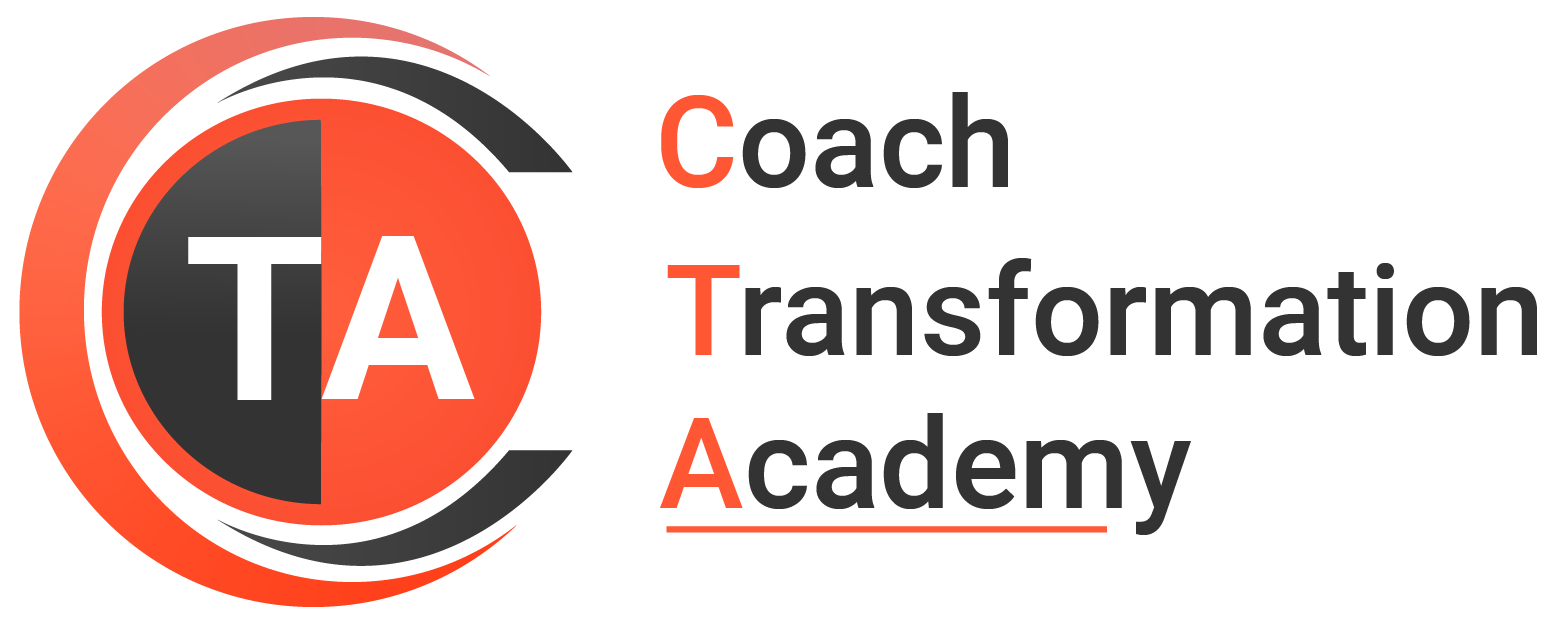Enterprises are increasingly using coaching to boost productivity, promote learning, and support radical organizational change. The Health and Safety Executive (HSE) reports that the estimated incidence of work-related stress is increasing, with more than 500,000 people in the UK reporting levels that they fear are making them sick. Reduced productivity, time lost due to illness, and company interruption are all significant effects of stress. According to a recent survey, one of the most prevalent causes of people leaving US companies is stress brought on by too much work and inadequate coaching.
Is coaching an underutilized tool for companies to boost psychological well-being? Maybe it is. Although there hasn’t been much study on coaching and stress, what there is says it’s a topic worth looking into.
What is coaching?
The coaching profession at work is broad and eclectic. Coaching models change depending on the practitioner’s background, tastes, and training. But the majority of individuals concur that coaching is a time-limited, pragmatic collaboration that comprises goal setting, action planning, and obtaining results.
Active listening, strategic questioning, and offering constructive and unbiased comments are all part of excellent coaching. The client, or “coachee,” is in charge of steering toward clearly specified goals. The process essentially involves providing people with the resources, assurance, information, and chances needed for more efficient self-development. Organizations often use the acquired skills to boost employee motivation and job happiness, as well as competence and job performance. Additionally, it is utilized to increase creativity and enhance problem-solving.
How coaching can help in workplace environment?
Getting aid when needed is a crucial component of management but knowing how to do so tactfully is a complicated skill that many people struggle with. Conversational coaching improves your interpersonal abilities and teaches you how to request assistance politely and rationally. If an organization wants to succeed, coaching is essential. To fully realize each person’s potential, managers should incorporate it into ongoing employee performance management.
Employees become disengaged and underproductive without any coaching. Your company could, at worst, lose money. In order to ensure that their companies stay competitive, HR directors must move quickly. And this is when coaching comes into the big picture. The change will increasingly be the norm for enterprises. The performance and resilience of each individual will also determine the success of the team and the company. The essence of coaching is that it makes the most of each person’s skills and talents to achieve the best results.
When efficiency and productivity increase achieving organizational goals can be easy. Stress is a by-product of procrastination and unfinished accomplishments, and coaching is all about achieving professional and personal finesse along with work-life balance through an orchestrated coaching module.
Boosting employee wellness with coaching
Coaching is important because it offers situation-specific, just-in-time learning. In addition, it provides direct on-the-job training. Coaching encourages behavioral modifications, which facilitates smooth project and personal progress. Today’s business transformations necessitate making quick transitions to completely new models. Employees are prepared for these adjustments through workforce coaching, which is important to meet shifting corporate paradigms.
Want to bolster employee wellness with coaching and reduce workplace stress with coaching? Get in touch with the professionals at Coach Transformation now!







